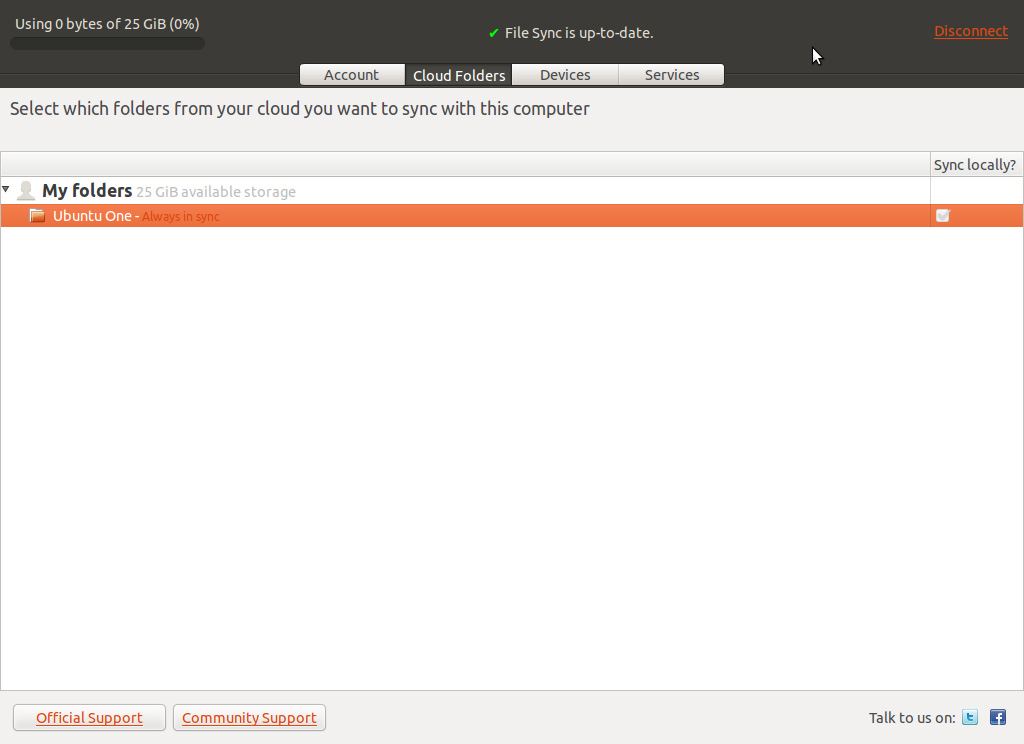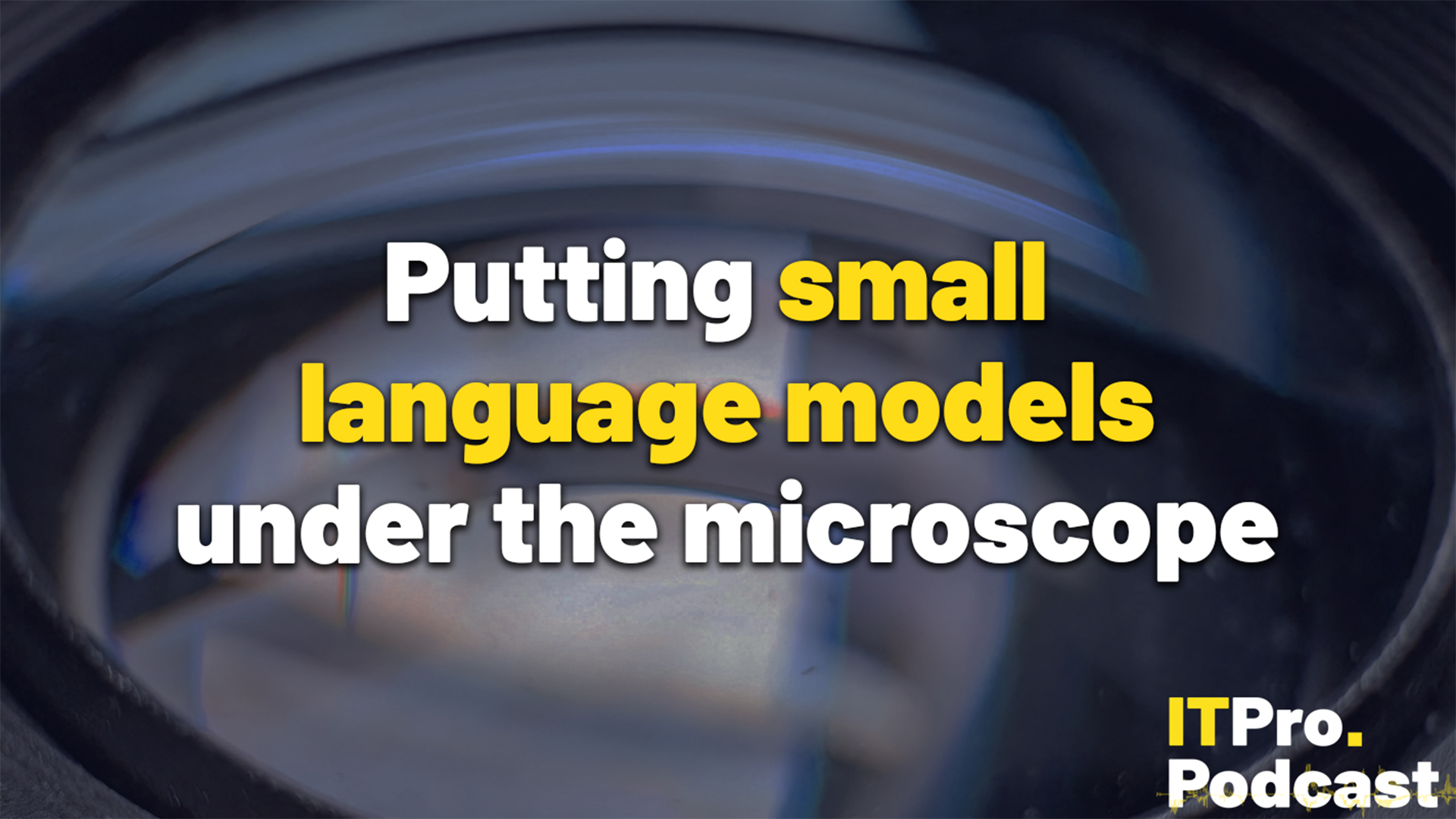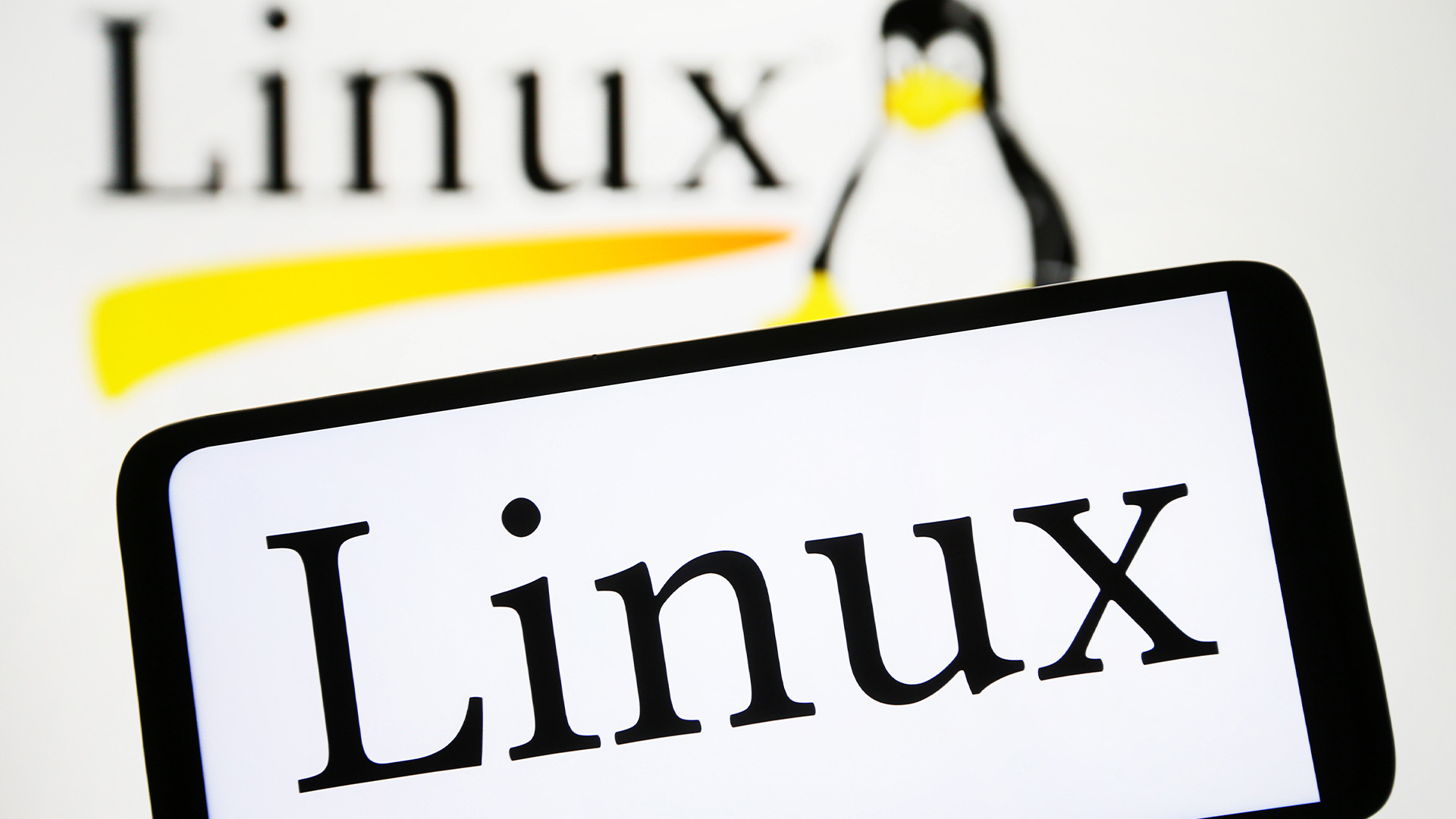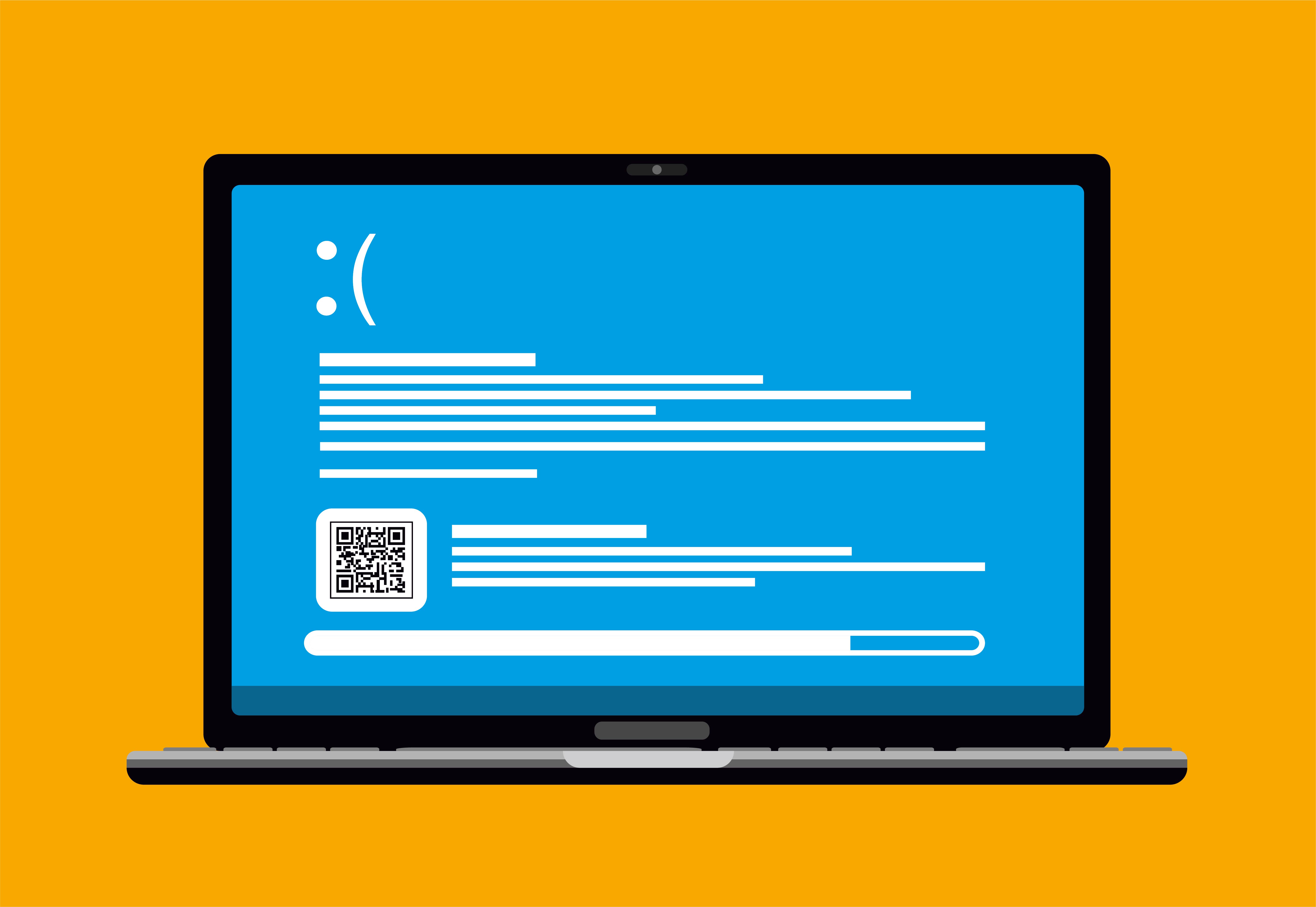Ubuntu vs. Windows 7 on the business desktop
Microsoft Windows may be the de facto standard desktop operating system in business environments, but high costs, restrictive licences and constant security issues are leading an increasing number of companies to consider open source alternatives — as Kat Orphanides explains.

SecuritySecurity is often selling point for Linux, not least since it's the target of far fewer malicious programs than Windows. The fact that superuser-level root' access requires manual command line activation makes it extremely difficult for malware that relies upon administrative access to take hold, plus it makes it difficult for users to inadvertently cause critical system damage, too. Linux is vulnerable to certain exploits, particularly the kind that use automated brute force attacks to access accounts with insecure passwords.Linux is still vulnerable to certain exploits though, particularly the kind that use automated brute force attacks to access accounts with insecure passwords the default installation options for software like VMware and MySQL offer particularly inviting opportunities for hackers, for example.
So, it is still important to pay attention to security issues with a Linux installation. It's easy enough to limit threat potential to the point where it becomes negligible and Linux is unlikely to be subject to the usual range of drive-by downloads, but it is still important to be aware of these threats and ensure users use strong, secure passwords, for example.
Antivirus software is available for Ubuntu, although its primary purpose to scan any Windows file systems on connected drives, and to prevent emails with infected attachments from being forwarded to users with more vulnerable operating systems.
ClamAV is the option available in the Ubuntu Software Centre, although a range of major anti-virus companies have Linux products available.
Backups and Cloud Synchronisation
Both Microsoft and Canonical offer their own cloud backup and synchronisation services, but Canonical's Ubuntu One is by far the more versatile and effective.
Microsoft's Live Mesh and SkyDrive services give 25GB of online storage, the ability mirror selected folders between all synced computers (assuming they run Windows Vista, Windows 7 or Mac OS X) and lets you sync Internet Explorer bookmarks and Microsoft Office settings.
Live Mesh isn't much use as a replacement for a dedicated backup regime, though. It lacks options for file versioning and there's no way to expand its free 5GB of synchronised storage (deducted from the 25GB total storage space).
Get the ITPro daily newsletter
Sign up today and you will receive a free copy of our Future Focus 2025 report - the leading guidance on AI, cybersecurity and other IT challenges as per 700+ senior executives
Ubuntu One, on the other hand, offers both a free and paid-for service. The free option also gives 5GB of cloud storage that can be used to sync selected folders, while an annual subscription of $30 (around 20) provides a much more useful 20GB.

Document sharing is available with both account types, but there's no file versioning yet, which means Dropbox is still a better bet cloud file synchronisation and backups.
K.G. is a journalist, technical writer, developer and software preservationist. Alongside the accumulated experience of over 20 years spent working with Linux and other free/libre/open source software, their areas of special interest include IT security, anti-malware and antivirus, VPNs, identity and password management, SaaS infrastructure and its alternatives.
You can get in touch with K.G. via email at reviews@kgorphanides.com.
-
 How the UK MoJ achieved secure networks for prisons and offices with Palo Alto Networks
How the UK MoJ achieved secure networks for prisons and offices with Palo Alto NetworksCase study Adopting zero trust is a necessity when your own users are trying to launch cyber attacks
By Rory Bathgate
-
 Putting small language models under the microscope
Putting small language models under the microscopeITPro Podcast The benefits of small language models are undeniable – but they're no silver bullet
By Rory Bathgate
-
 Linux just hit an all-time high share of the global desktop market — and surging popularity in India is driving uptake of the open source operating system
Linux just hit an all-time high share of the global desktop market — and surging popularity in India is driving uptake of the open source operating systemNews Linux is still dwarfed by operating systems such as Windows, but it’s making modest gains off the back of growing popularity in emerging markets
By Steve Ranger
-
 Linux Blue Screen of Death gives users a taste of the dreaded Windows feature
Linux Blue Screen of Death gives users a taste of the dreaded Windows featureNews The Linux Blue Screen of Death has been added in a recent update
By Ross Kelly
-
 Tiny11 review: Windows 11 with only 2GB of RAM
Tiny11 review: Windows 11 with only 2GB of RAMReview A version of Windows 11 for older machines that don't meet the full requirements
By Nik Rawlinson
-
 Red Hat Enterprise Linux becomes foundational operating system for Cohesity Data Cloud
Red Hat Enterprise Linux becomes foundational operating system for Cohesity Data CloudNews New strategic partnership between Red Hat and Cohesity aims to drive innovation in the data security and management space
By Daniel Todd
-
 Ubuntu shifts to four-week update cycle
Ubuntu shifts to four-week update cycleNews Critical fixes will also come every two weeks, mitigating the issues involved with releasing prompt patches on the old three-week cadence
By Richard Speed
-
 AlmaLinux follows Oracle in ditching RHEL compatibility
AlmaLinux follows Oracle in ditching RHEL compatibilityNews Application binary compatibility is now the aim with 1:1 now dropped
By Richard Speed
-
 How big is the Windows 10 cliff-edge?
How big is the Windows 10 cliff-edge?ITPro Network With some comparing the upcoming Windows 10 end of life to Windows XP, we ask members of the ITPro Network for their insight
By Jane McCallion
-
 Everything you need to know about the latest Windows 11 updates - from bug fixes to brand-new features
Everything you need to know about the latest Windows 11 updates - from bug fixes to brand-new featuresNews Two new cumulative updates are on the way and will be installed automatically on Windows 10 and Windows 11 machines
By Rory Bathgate